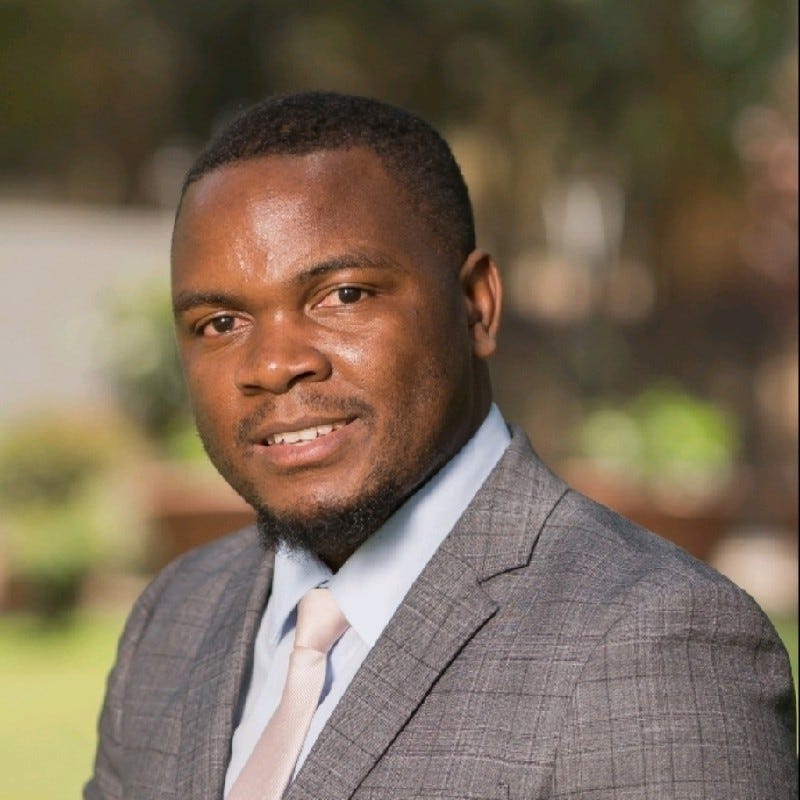AFIDEP Calls for High-Level Political Will to End Tuberculosis in Malawi
The Light project, funded by UK aid, is coordinated by a consortium of international, regional and national health research and policy organisations.
LILONGWE, Malawi - The Africa Institute for Development Policy (AFIDEP) has called for political will at the highest level to provide political and domestic investment stewardship towards a gender-responsive approach to end tuberculosis (TB) in Malawi, writes Alinafe Nyanda.
Dr. Benjamin Azariah Mosiwa, Research and Policy Associate at AFIDEP, made the call yesterday during a media science café organized by the Light Consortium. Despite free TB diagnosis and care, he noted that there is poor access to health services among men.
“The high burden of TB among men has been attributed to several behavioural, biological, and socioeconomic risk factors more prevalent among themselves, such as tobacco smoking, alcohol consumption, mining, frequent travel, and social mixing,” said Dr. Mosiwa.
His presentation was based on a political economy analysis conducted by AFIDEP under the project LIGHT.
“We were looking at three dimensions of TB programming in Malawi with a gendered focus. Our focus was how the gender TB approach is being implemented in the country,” Dr. Mosiwa added.
Journal aids programs manager Dingani Mithi hailed the Light Consortium for its effort to promote evidence-based policies and programs that will move the country towards the overall goal of ending TB by 2030.
The Light project, funded by UK aid, is coordinated by a consortium of international, regional and national health research and policy organisations.



